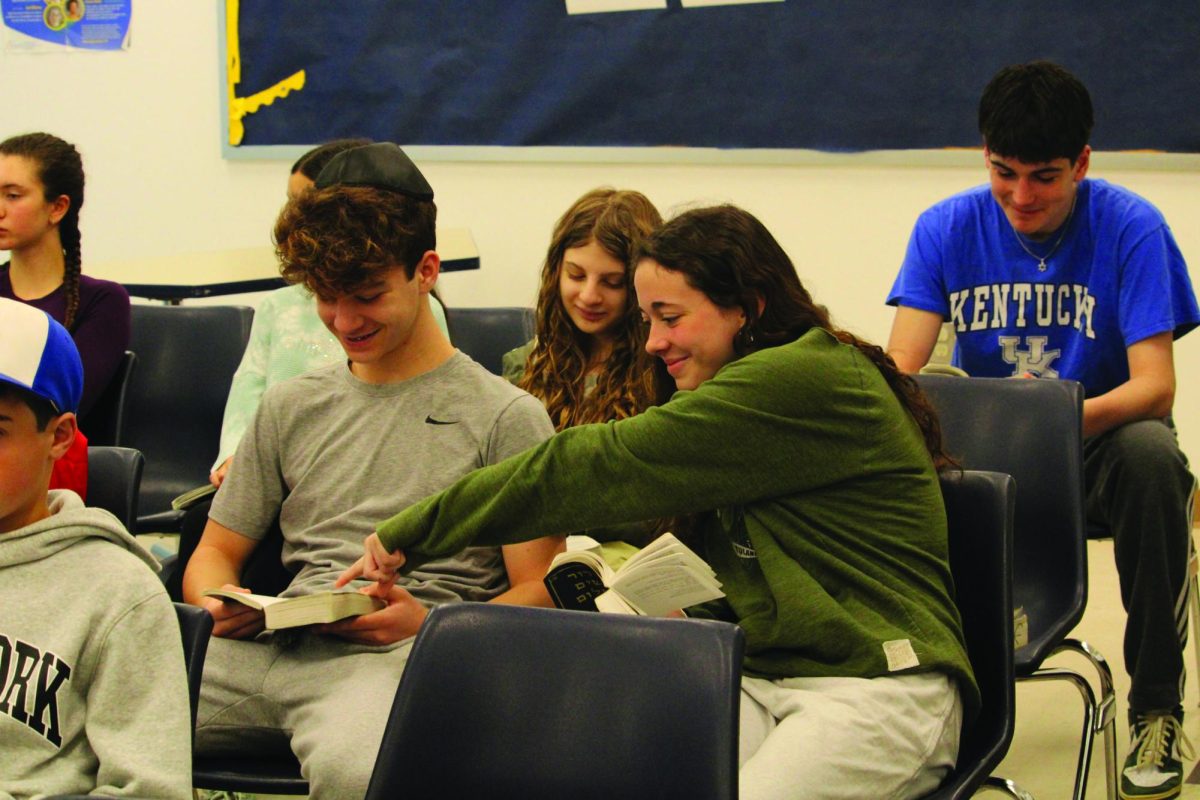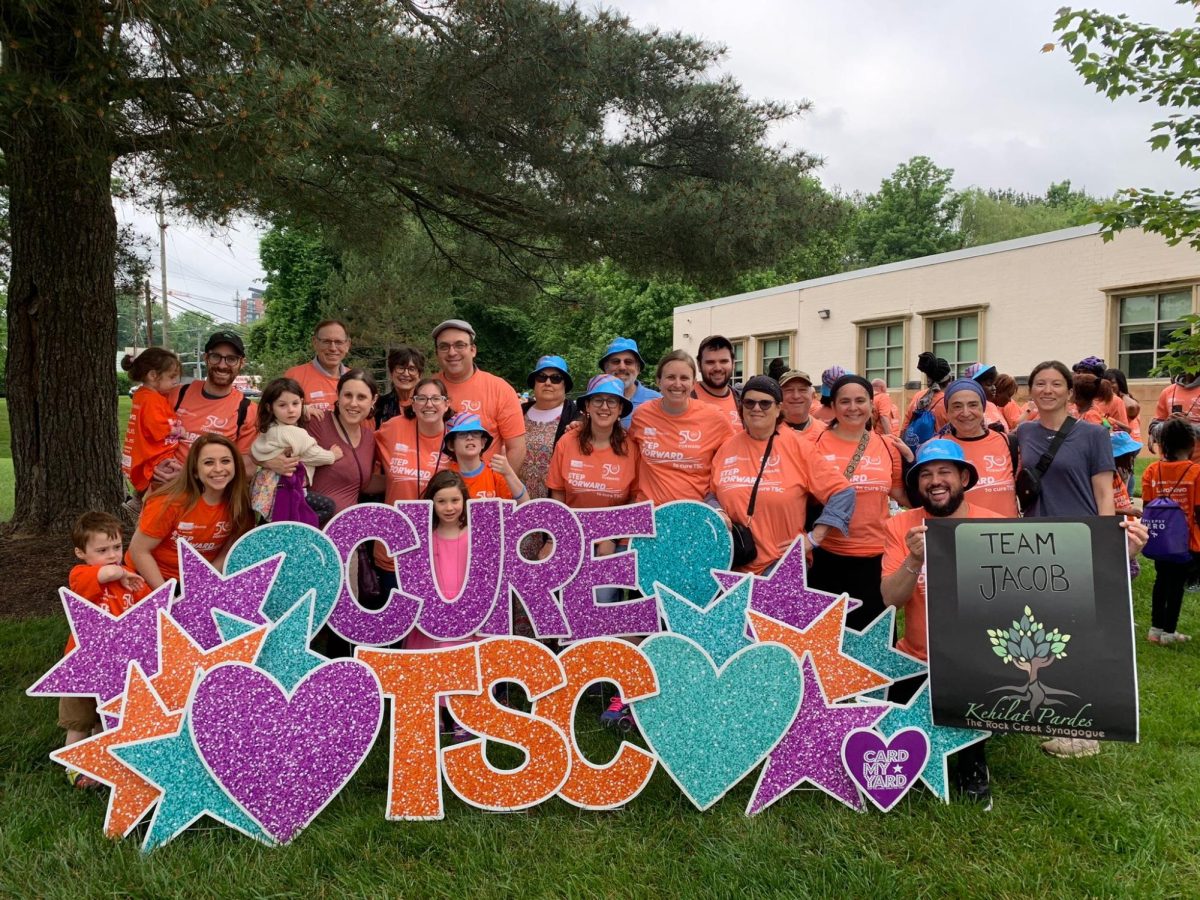On Sept. 13, Director of Publications Jessica Nassau became the latest member of the CESJDS community to gain dual citizenship. Nassau has now joined a growing number of Americans restoring their citizenship to a country their ancestors fled during the Holocaust.
In the creation of their new constitution in 1949, Germany offered German Jews and their descendants the opportunity to regain their citizenship if it was stripped from them during the Holocaust. In 2021, this law changed to also include German Jews who had not been denaturalized, but instead lost citizenship because they had acquired citizenship of another country. According to the Attaché for the German Embassy’s Consulate Office, around 200,000 people have become German citizens under the original law.
“The name of our country will forever be linked to the Nazi horror, the crimes against humanity, the memory of the Holocaust, dictatorship, war, horrific crimes,” Wustmann said. “It is part of our history, and we will never forget this … We know that by these naturalizations, we are not changing history, or we are not undoing it in any way, but we acknowledge it and we commemorate it.”
Nassau originally heard about the German citizenship program through a friend at synagogue. While she did not think much of it at the time, amid rising political turmoil and antisemitism in the US over the past few years, she rethought this decision. Nassau decided it was good to have this citizenship as a “plan B.” The process took two years and culminated with the naturalization ceremony at the German embassy.
“It’s nice to know there is somewhere else I could go,” Nassau said. “I think about my grandparents during the Holocaust and that struggle to find somewhere to go … I just think that they would be happy knowing that there are safety plans in check for their one surviving daughter, their grandchildren and their great grandchildren.”
Germany is one of 62 countries that offer this opportunity. Others include Austria, Croatia and Poland. According to the Italian American Citizenship Assistance Program, dual citizenship in a European Union (EU) country that allows dual citizenship for U.S. citizens offers benefits in the EU, including free or reduced costs for college and easier access to residential and professional opportunities and privileges.
Sophomore Jonah Soffler sought Croatian citizenship after his mom traced their lineage to Croatia. Following this move, he chose to go to a camp in Croatia this summer.
“Having dual citizenship is knowing another part of your identity,” Soffler said. “… Not many people even know where Croatia is and that’s interesting when it’s a part of your identity.”
When senior Georgia Lindenauer’s uncle discovered that they qualified for Austrian citizenship, her whole family filed for it, a decision that Lindenauer says brings her closer to her family and her roots.
“It’s really cool to add another layer to my identity that I don’t really think about,” Lindenauer said. “It kind of feels like I have another connection to my grandmother and her parents.”
The best of both worlds
Mia Forseter, Sports Editor
November 6, 2024
0
More to Discover
About the Contributor

Mia Forseter, Sports Editor
With much of her life revolving around playing sports, Mia is excited to take on her role as Sports Editor for the Lion’s Tale this year. She looks forward to designing spreads and continuing to provide a great sports section for readers. Outside of Lion’s Tale, Mia plays for the varsity softball and cross country teams. Mia enjoys volunteering at the National Youth Baseball Academy during the summer. She is a co-captain of the debate team, a media center fellow, and the Bonus section editor for the Bohr Franklin Science Journal. She can’t wait to work with her co editors to produce an amazing sports section and overall newspaper.





